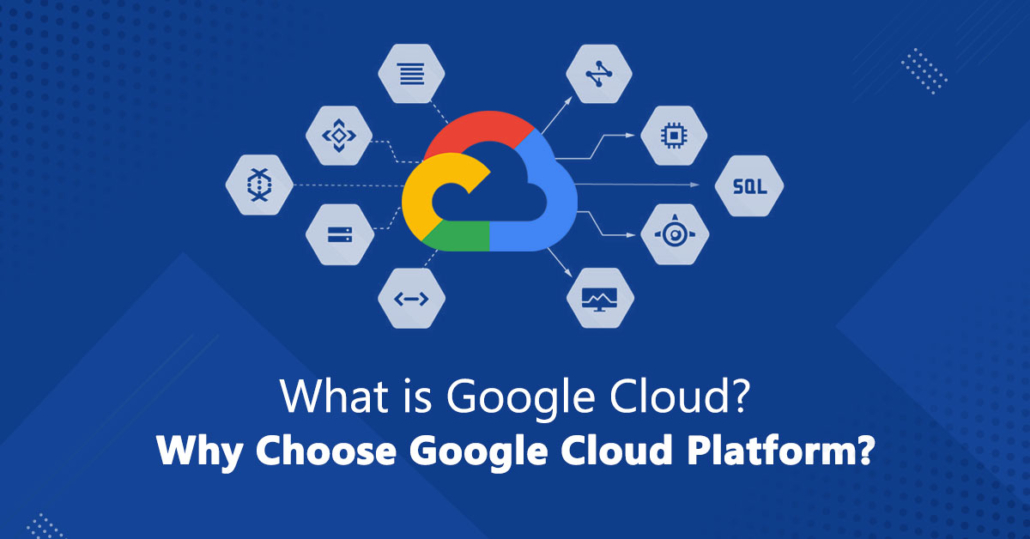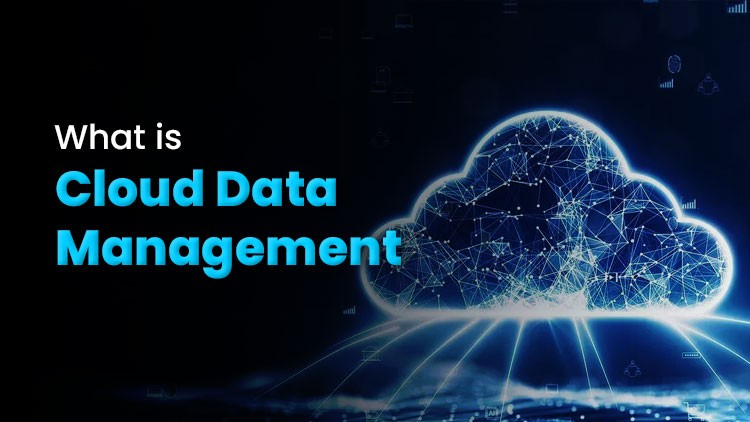Google Cloud: Cloud Computing Services Overview
Google Cloud is a suite of services for cloud computing provided by Google that offers scalable infrastructure, platform services, and tools for building, deploying, and managing applications. This suite is widely used in the development of enterprise, web, and mobile applications with great capabilities in storage, computing, data analytics, and machine learning.
Key Components of Google Cloud
1. Compute Services:
- Compute Engine: The virtual machines that run on Google infrastructure. Offers scalable and high custom instances.
- App Engine: A full service managed application for running web and mobile applications.
- Kubernetes Engine (GKE): Is a managed containerized environment for the Kubernetes applications.
- Cloud Functions: Is a choice of serverless computing for any small, event-driven pieces of code.
- Cloud Run: A fully managed service for hosting stateless containers.
2. Storage and Databases:
- Cloud Storage: Object storage for unstructured data such as images, videos, and backups.
- Bigtable: NoSQL database for analytics and operational workloads.
- Firestore: Serverless, NoSQL database for building in real-time applications.
- Cloud SQL: Managed relational databases like MySQL, PostgreSQL, and SQL Server.
- Cloud Spanner: The globally distributed, horizontally scalable relational database.
3. Networking
- Virtual Private Cloud (VPC): Provides isolated virtual networks where resources can be deployed.
- Cloud Load Balancing: Provides global, fully distributed load balancing for applications.
- Cloud CDN: A content delivery network to serve content with low latency.
- Cloud Interconnect: Connects on-premises data centers to Google Cloud.
4. Big Data and Analytics:
- BigQuery: A serverless data warehouse for fast SQL-based analytics.
- Dataflow: A unified stream and batch data processing system.
- Pub/Sub: A messaging service for real-time data streaming.
- Dataproc: Managed Hadoop and Spark clusters for big data processing.
Machine Learning and AI:
- Vertex AI: A unified AI platform to build, train, and deploy machine learning models.
- AutoML: Train custom ML models with minimal expertise by developers.
- AI APIs: Pre-trained models for NLP, vision, and speech recognition.wha
- TensorFlow on Cloud: A framework for machine learning custom AI solutions.
Developer Tools:
- Cloud SDK: Tools to interact with Google Cloud services through command line.
- Cloud Build: Continuous integration and delivery (CI/CD) service.
- Artifact Registry: Stores and manages container images and other artifacts.
Identity and Security:
- Identity and Access Management (IAM): Manages permissions and roles for resources.
- Cloud Armor: Protects applications from DDoS attacks and other threats.
- Cloud Security Scanner: Identifies vulnerabilities in web applications.
- Key Management Service (KMS): Manages encryption keys for data security.
Management Tools:
- Operations Suite (formerly Stackdriver): For monitoring, logging, and diagnostics.
- Cloud Deployment Manager: Automates the creation and management of Google Cloud resources.
- Cloud Console: A web-based interface for managing resources and services.
Benefits of Google Cloud
- Global Infrastructure: It runs on the private fiber network of Google with low latency and high availability.
- Scalability: It automatically scales resources based on application demands.
- Security: It has advanced security features such as encryption by default and global compliance.
- Integrated Tools: It offers end-to-end solutions for computing, storage, analytics, and AI/ML.
- Cost Efficiency: Pay-as-you-go pricing and sustained-use discounts.
Use Cases
- Application Development: Deploy web and mobile apps quickly using App Engine or Kubernetes Engine.
- Big Data Analytics: Process and analyze large datasets with BigQuery and Dataflow.
- Machine Learning: Build AI models or leverage pre-trained APIs for intelligent applications.
- Media and Entertainment: Store and serve high-quality media content using Cloud Storage and CDN.
- Enterprise Workloads: Run SAP, VMware, or other enterprise solutions in the cloud.



No comments:
Post a Comment